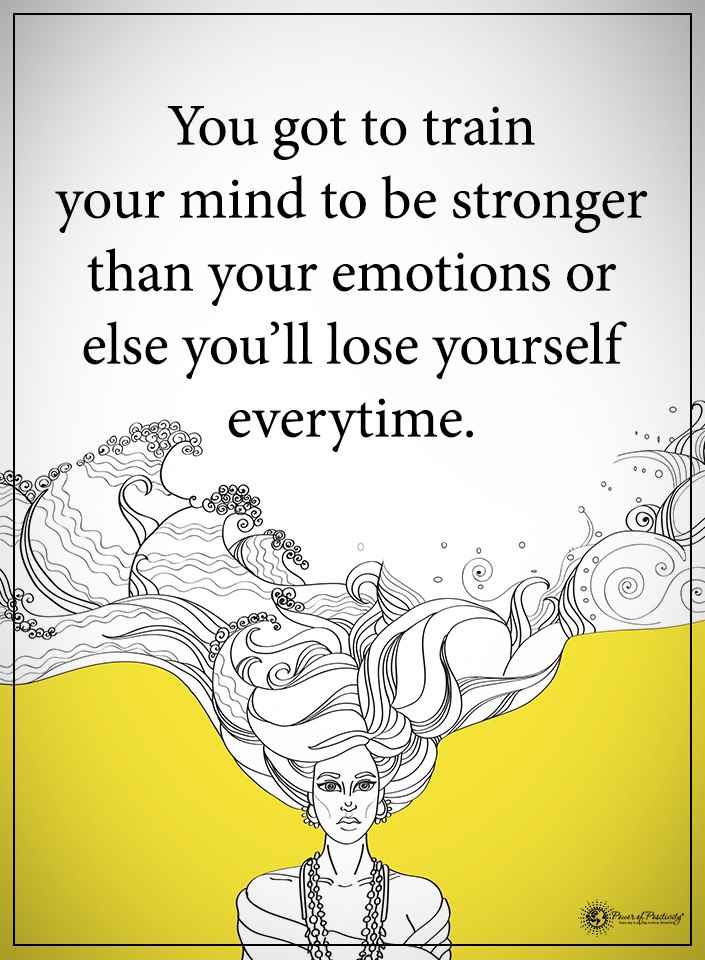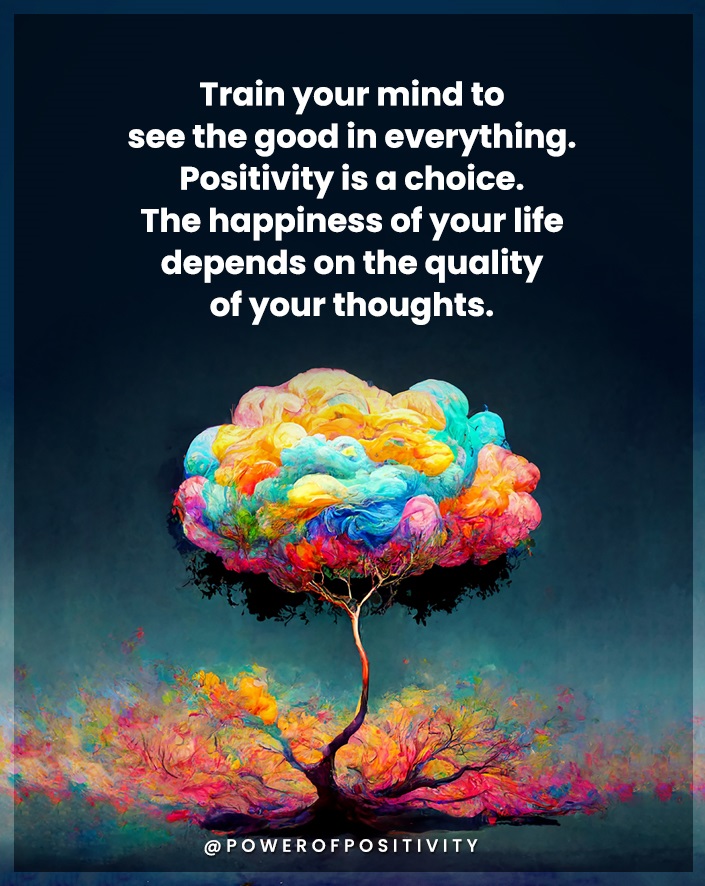Negative emotions are part of life, but how we respond to them makes all the difference. Have you ever felt your mind spiral into anger, frustration, or anxiety, only to realize your focus drifts toward everything but the present moment? You’re not alone.
Neuroscientists have uncovered that improving your attention span isn’t just about better productivity—it can actually help you process and manage negative emotions more effectively.
Here, we’ll explore practical ways to sharpen your attention and demonstrate how focused thinking can guide you through challenging emotional states.
Let’s dive into the science and strategies behind managing negative emotions with improved focus so you can navigate life’s ups and downs with clarity and calmness.
What Are Negative Emotions?
Negative emotions are feelings such as anger, fear, sadness, anxiety, and frustration that arise from challenging situations like stress, loss, or unmet expectations.
Though uncomfortable, they play a vital role by alerting us to threats, driving problem-solving, and encouraging personal growth.
Key Impacts of Negative Emotions
 Physiological Effects: Trigger stress responses like faster heart rate, muscle tension, and disrupted sleep patterns.
Physiological Effects: Trigger stress responses like faster heart rate, muscle tension, and disrupted sleep patterns. Cognitive Impact: Can impair concentration, memory, and decision-making when unmanaged.
Cognitive Impact: Can impair concentration, memory, and decision-making when unmanaged. Behavioral Influence: May result in avoidance, aggressive actions, or withdrawal from social settings.
Behavioral Influence: May result in avoidance, aggressive actions, or withdrawal from social settings. Health Risks: Prolonged exposure can lead to mental health issues such as chronic stress or anxiety disorders.
Health Risks: Prolonged exposure can lead to mental health issues such as chronic stress or anxiety disorders.
Managing negative emotions through mindfulness, focus, and emotional regulation strengthens mental resilience, helping us face life’s challenges with clarity and calm.
Training Your Attention to Manage Negative Emotions
Strengthening attention skills can significantly improve emotional regulation. Below are 10 effective strategies to sharpen focus and manage negative emotions more efficiently:
1. Mindfulness and Meditation
It helps you stay present, reducing anxiety and stress by promoting awareness of emotions.
2. Cognitive Reappraisal
Reframes negative thoughts, altering how situations emotionally affect you.
3. Physical Exercise
Releases mood-boosting endorphins, reducing symptoms of anxiety and depression.
4. Social Support
Talking with friends or family offers emotional relief and helps process difficult emotions.
5. Journaling
Writing down feelings provides clarity and helps identify emotional patterns for better management.
6. Creative Outlets
Engaging in art, music, or writing serves as a healthy way to express emotions and shift focus from negativity.
7. Breathing Exercises
Techniques like diaphragmatic or box breathing calm the nervous system, promoting emotional balance.
8. Professional Help
Therapists provide personalized strategies for coping with emotional challenges and building focus.
9. Positive Reframing
Focus on potential growth or lessons in tough situations, shifting perspectives away from negativity.
10. Limiting Exposure to Triggers
Identifying and setting boundaries with emotional triggers, such as social media, helps maintain emotional stability.
How Attention Works in the Brain
Attention allows us to focus on specific tasks while filtering out distractions. It involves several types of attention and processes that work together to help us navigate our environment effectively.
Types of Attention
- Focusing on one thing while ignoring everything else (e.g., reading in a noisy room).
- Maintaining focus on a task over time is crucial for activities like studying.
- Splitting focus between multiple tasks, such as cooking while talking on the phone.
Top-Down vs Bottom-Up Attention
- Goal-driven, based on expectations and planning (e.g., focusing on a conversation in a crowd).
- Triggered by sudden stimuli (e.g., turning toward a loud noise)
Developing Long-Term Habits for Emotional Balance
Building emotional balance involves cultivating habits that promote mental clarity, resilience, and self-awareness over time. Here are practical strategies to foster long-term emotional well-being:
1. Journaling
- Writing regularly helps process thoughts, uncover emotional patterns, and reduce mental clutter.
- Journaling enhances self-awareness and problem-solving skills, leading to better emotional regulation.
2. Time Management
- Effective time management reduces stress by balancing work, relaxation, and personal growth.
- Techniques like the Pomodoro Technique or time-blocking improve focus and prevent burnout.
3. Lifestyle Adjustments
- Exercise: Physical activity releases endorphins, reducing anxiety and depression.
- Nutrition: A balanced diet promotes brain function and emotional stability.
- Sleep: Quality sleep supports cognitive function and mood regulation.
- Mindfulness practices such as meditation or yoga promote relaxation and stress reduction.
4. Seeking Professional Help
- When personal strategies aren’t enough, professional therapy offers personalized support.
- Mental health professionals provide evidence-based practices that strengthen emotional well-being and resilience.
Practical Strategies to Manage Specific Emotions with Trained Focus

By applying mindfulness and attentional techniques, emotions like anger, anxiety, and sadness can be managed more effectively. Here’s how:
Anger: Using Attention to Recognize Triggers
- Awareness of Triggers: Train yourself to notice the early signs of anger, such as tense muscles or rising frustration. Identifying these triggers allows you to pause and respond thoughtfully.
- Distraction and Breathing Techniques: Shift attention to neutral activities or practice deep breathing to diffuse emotional buildup before it escalates.
Anxiety: Applying Mindfulness to Reduce Worry
- Grounding Exercises: Techniques like the 5-4-3-2-1 method (naming 5 things you see, 4 you touch, etc.) anchor you in the present moment, easing anxious thoughts.
- Meditation and Acceptance: Mindfulness practices help you observe anxious thoughts without judgment, reducing their intensity over time.
Sadness: Cultivating Positive Reframing Techniques
- Cognitive Reappraisal: Shift your perspective by finding silver linings or lessons within difficult situations.
- Journaling: Writing about emotions can uncover patterns and offer clarity, helping you process sadness constructively.
How Poor Attention Affects Emotional Regulation
Attention is essential for managing emotions, but poor attention control can lead to heightened emotional reactivity and challenges in staying balanced.
When focus is frequently disrupted, the brain struggles to regulate emotional responses effectively.
Neuroscience of Distraction and Emotional Reactivity
Distraction shifts focus away from emotional stimuli, which can help temporarily but may impair long-term emotional regulation if overused.
Poor attention triggers overactivation in emotional centers of the brain, increasing stress and anxiety levels.
Impact on Daily Life
- Relationships: Lack of focus during conversations can cause misunderstandings and emotional disconnect, leaving partners feeling ignored or undervalued.
- Productivity: Inconsistent attention reduces efficiency and increases errors, leading to missed deadlines and burnout.
- Well-being: Chronic emotional dysregulation due to poor focus increases the risk of mental health issues like anxiety and depression.
How Nutrition Supports Attention and Emotional Well-Being

What we eat plays a significant role in maintaining focus and supporting emotional health. Certain foods nourish the brain, reduce inflammation, and promote better mental well-being.
Foods that Improve Brain Function
- Berries: Rich in antioxidants, they protect brain cells and enhance cognitive function.
- Oily Fish: High in omega-3 fatty acids, which support focus by promoting neuron health and reducing inflammation.
- Nuts (like walnuts): Packed with healthy fats, they improve memory and brain function while stabilizing mood.
Incorporating Healthy Eating into Emotional Self-Care
- Balanced Diet: Include fruits, vegetables, and lean proteins to support neurotransmitter production, essential for mood regulation.
- Limit processed foods: Reducing sugar and unhealthy fats can prevent inflammation that negatively impacts mental health.
- Omega-3s for Emotional Stability: Incorporate fish, flaxseeds, or walnuts to enhance emotional well-being and focus.
FAQs
1. Can you stop negative emotions altogether?
No, completely stopping negative emotions isn’t possible—and it wouldn’t be healthy either. Emotions serve as signals, helping us recognize challenges and opportunities for growth. Instead of trying to eliminate them, it’s more effective to learn how to manage and process them in a healthy way.
2. What’s the difference between managing and suppressing emotions?
Managing emotions involves acknowledging and processing your feelings, whereas suppression is about pushing emotions away to avoid dealing with them. Suppression may provide short-term relief but often leads to more intense emotional responses later. Emotional management through mindfulness and journaling fosters long-term well-being.
3. How can poor emotional regulation affect relationships?
When emotions like anger or anxiety are not properly managed, they can cause misunderstandings and conflicts. A lack of emotional regulation can lead to behaviors such as avoidance, irritability, or withdrawal, which strain relationships and create emotional distance between people.
4. What are some healthy outlets for negative emotions?
Engaging in regular physical activity, journaling, and creative outlets like art or music are effective ways to release negative emotions. Additionally, mindfulness practices help individuals sit with emotions without judgment, fostering emotional clarity and reducing stress.
Signed, Sealed, and Mindfully Managed
Managing negative emotions is not about eliminating them but learning how to navigate through them with clarity and focus.
With the right tools—like mindfulness, cognitive reappraisal, and healthy routines—you can train your attention to become a powerful ally in emotional regulation.
Remember, emotions are a natural part of being human, and learning how to embrace both the good and the challenging is key to thriving.
Start small, stay consistent, and don’t forget: life’s ups and downs are just like waves—ride them with grace, and soon you’ll discover that even the toughest tides are manageable with a little focus.
The post How to Manage Negative Emotions and Build Emotional Resilience appeared first on Power of Positivity: Positive Thinking & Attitude.





 Physiological Effects: Trigger stress responses like
Physiological Effects: Trigger stress responses like  Cognitive Impact: Can impair concentration, memory, and decision-making when unmanaged.
Cognitive Impact: Can impair concentration, memory, and decision-making when unmanaged. Behavioral Influence: May
Behavioral Influence: May  Health Risks: Prolonged exposure can lead to mental health issues such as
Health Risks: Prolonged exposure can lead to mental health issues such as 

